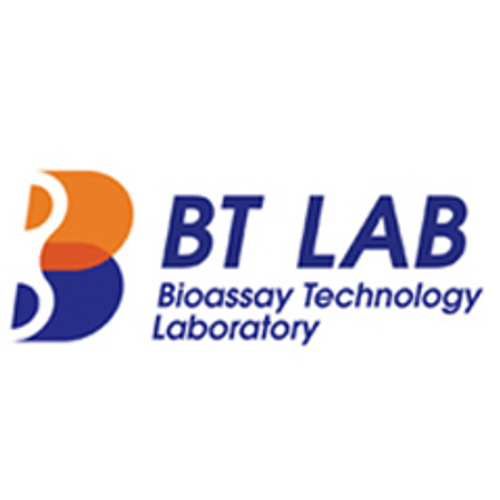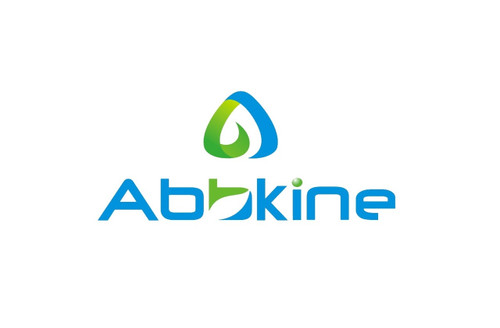Product Description
Mouse Prostaglandin D2 (PGD2) ELISA Kit | AE27833MO | Abebio
Species Reactivity: Mouse (Mus musculus)
Abbreviation: PGD2
Alternative Name: N/A
Application: ELISA
Range: 5 pg/mL-1000 pg/mL
Sensitivity: 2.5 pg/mL
Intra-Assay: ≤4.9%
Inter-Assay: ≤8.2%
Recovery: 1, 01
Sample Type: Serum, Plasma, Other biological fluids
Detection Method: Sandwich
Analysis Method : Quantitive
Test Principale: This assay employs a two-site sandwich ELISA to quantitate PGD2 in samples. An antibody specific for PGD2 has been pre-coated onto a microplate. Standards and samples are pipetted into the wells and anyPGD2 present is bound by the immobilized antibody. After removing any unbound substances, a biotin-conjugated antibody specific for PGD2 is added to the wells. After washing, Streptavidin conjugated Horseradish Peroxidase (HRP) is added to the wells. Following a wash to remove any unbound avidin-enzyme reagent, a substrate solution is added to the wells and color develops in proportion to the amount of PGD2 bound in the initial step. The color development is stopped and the intensity of the color is measured.
Product Overview: PGD2 is a prostaglandin which binds to the receptor PTGDR, as well as CRTH2. It is a major prostaglandin produced by mast cells – recruits Th2 cells, eosinophils, basophils. In mammalian organs, large amounts of PGD2 are found in the brain, in mast cells and found nowhere else. It is critical to development of allergic diseases such as asthma. Causes a contraction of the bronchial airways. The concentration of PGD2 in asthma-patients is 10 times higher than in control patients, especially after it is brought into contact with allergens. Involved in the regulation of reducing body temperature, in sleep, and acts opposite to prostaglandin E2.
Stability: The stability of ELISA kit is determined by the loss rate of activity. The loss rate of this kit is less than 5% within the expiration date under appropriate storage condition. The loss rate was determined by accelerated thermal degradation test. Keep the kit at 37°C for 4 and 7 days, and compare O.D.values of the kit kept at 37°C with that of at recommended temperature. (referring from China Biological Products Standard, which was calculated by the Arrhenius equation. For ELISA kit, 4 days storage at 37°C can be considered as 6 months at 2 - 8°C, which means 7 days at 37°C equaling 12 months at 2 - 8°C) .
 Euro
Euro
 USD
USD
 British Pound
British Pound
 NULL
NULL












